About us
Bios & contact information
<a target="_blank" href="https://www.vexels.com/vectors/preview/145398/cityscape-with-nuclear-plants-illustration"> Cityscape with nuclear plants illustration </a> | Free vector by <a target="_blank" href="https://www.vexels.com/">Vexels</a>
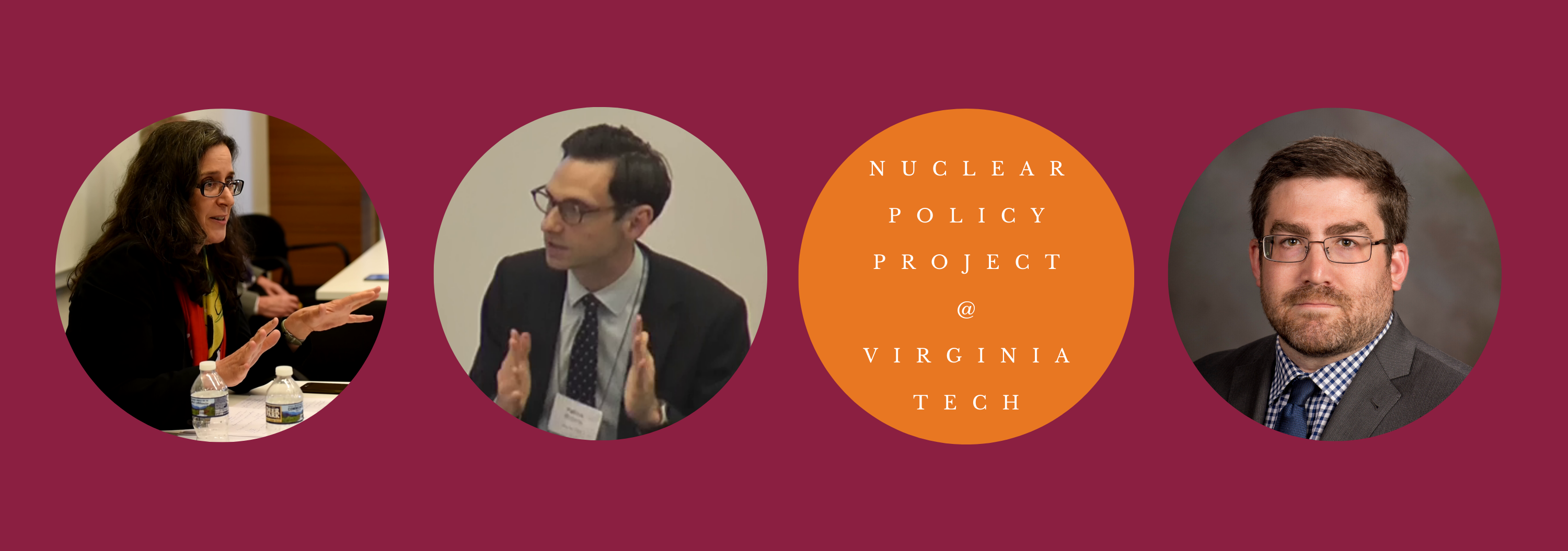
Current Members of Nuclear Policy Project: (2019-2021)
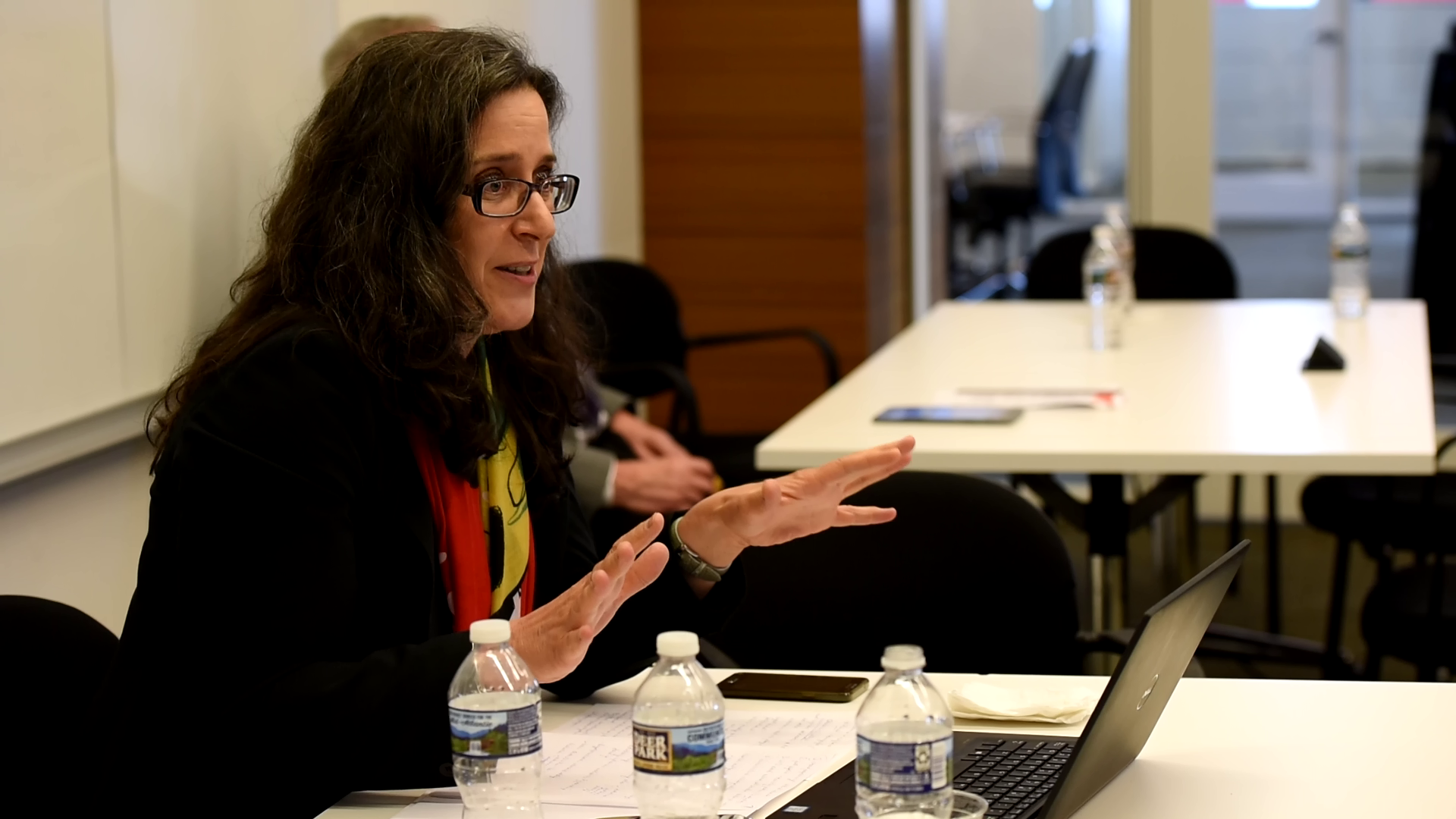
Sonja Schmid is an associate professor in the Department of Science, Technology, and Society (STS) at Virginia Tech, and serves as codirector of the graduate program in Science and Technology Studies in Northern Virginia.
Her research focuses on nuclear history and policy, and more broadly on energy policy, socio-cultural studies of risk, and international and interdisciplinary scientific collaboration. For her first book, Producing Power: The Pre-Chernobyl History of the Soviet Nuclear Industry (MIT Press 2015), she studied the history and organization of the emerging nuclear power sector in the former USSR, relying on archival documents and interviews with veterans of the Soviet industry. In other work, she has traced Soviet nuclear technology transfer to Eastern Europe to explore the fate of Soviet designed nuclear artifacts in the European Union.
As part of her current research project, which explores the challenges of globalizing nuclear emergency response and is supported by an NSF CAREER Award, she has hosted a multi-year seminar series, SIREN. She is a member of Virginia Tech’s Policy Strategic Growth Area, and lead faculty in the new graduate certificate in Nuclear Science, Technology, and Policy.
She earned her Ph.D. in Science & Technology Studies from Cornell, and her M.A. in Slavic Studies from the University of Vienna, Austria.
E-mail: sschmid@vt.edu
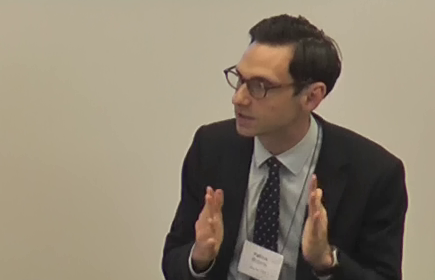
Patrick S. Roberts is an associate professor in the School of Public and International Affairs at Virginia Tech and a political scientist at the RAND Corporation. For 2017-2018, he served as a Council on Foreign Relations International Affairs Fellow in Nuclear Security in the State Department’s Bureau of Intentional Security and Nonproliferation.
Patrick holds a Ph.D. in Government from the University of Virginia, and he spent two years as a postdoctoral fellow, one at the Center for International Security and Cooperation at Stanford University and another at the Program on Constitutional Government at Harvard University. Patrick has published in a variety of scholarly and popular journals, and his research has been funded by the National Science Foundation, the National Oceanic and Atmospheric Administration, the United States Naval Laboratories, the Federal Emergency Management Agency, the Korean KHRIS research institute, and the Social Science Research Council.
He is the author of Disasters and the American State: How Politicians, Bureaucrats, and the Public Prepare for the Unexpected (Cambridge, 2013).
E-mail: robertsp@vt.edu
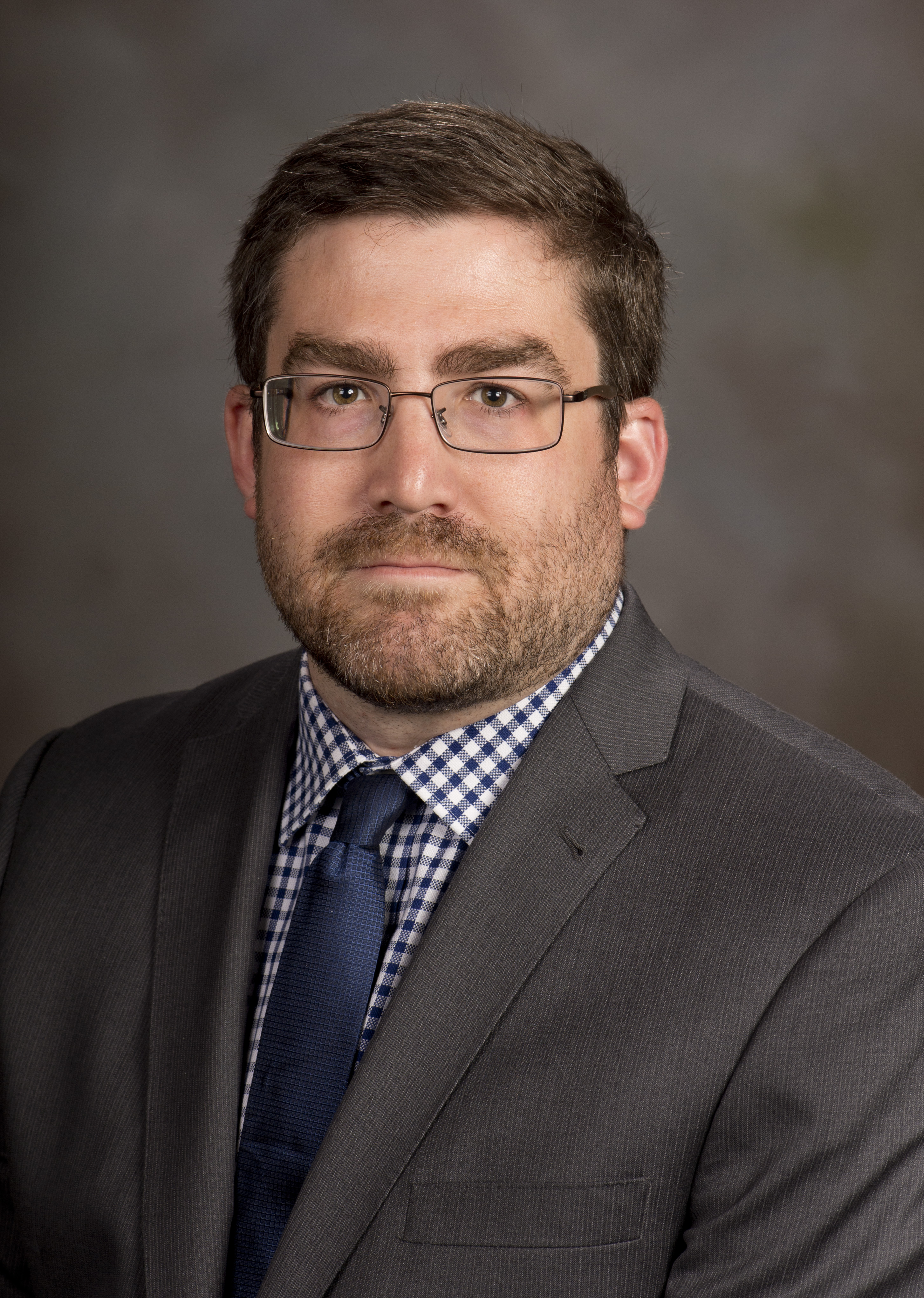
Paul Avey is an assistant professor of political science at Virginia Tech.
His research and teaching interests include nuclear politics, U.S. foreign policy, strategy, and international relations theory. He is the author of Tempting Fate: Why Nonnuclear States Confront Nuclear Opponents (Cornell University Press, 2019), and author or coauthor of articles in International Security, Security Studies, International Studies Quarterly, Texas National Security Review, Journal of Global Security Studies, and Foreign Policy.
Avey was a 2018-2019 Council on Foreign Relations International Affairs Fellow based at the U.S. Department of Defense, serving as Advisor for Strategy in the office of the Deputy Assistant Secretary of Defense for Strategy and Force Development. Before coming to Virginia Tech, Avey was a pre-doctoral fellow with the Managing the Atom project and International Security Program at Harvard’s Belfer Center for International Studies, a Stanton Nuclear Security Fellow at MIT, and a postdoctoral fellow with the Tower Center for Political Studies at SMU. He earned a Ph.D. and M.A. in political science from the University of Notre Dame, an M.A. in social sciences from the University of Chicago, and a B.A. in political science and history from the University of Iowa.
E-mail: pcavey@vt.edu
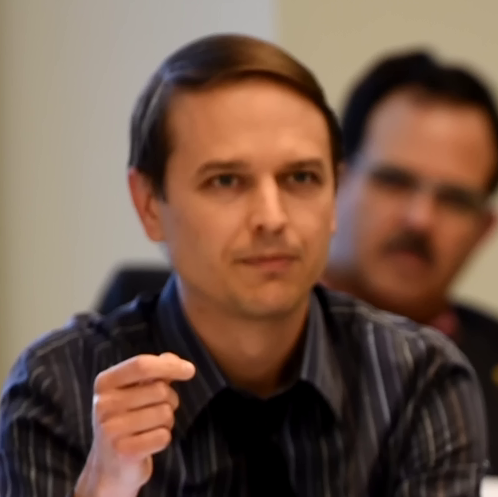
Taylor Loy is a PhD student in the Department of Science,
Technology, and Society (STS) at Virginia Tech. His research interests include nuclear energy policy, nuclear nonproliferation & safeguards, and existential risk.
From 2012-2019 he worked in the nuclear power industry starting out as an Assistant Unit Operator (AUO) and then as a Senior Reactor Operator Certified (SRO Cert) instructor in Initial License Training (ILT).
Email: Taylor.Loy@vt.edu
Past Members of Nuclear Policy Project: (2017-2019)
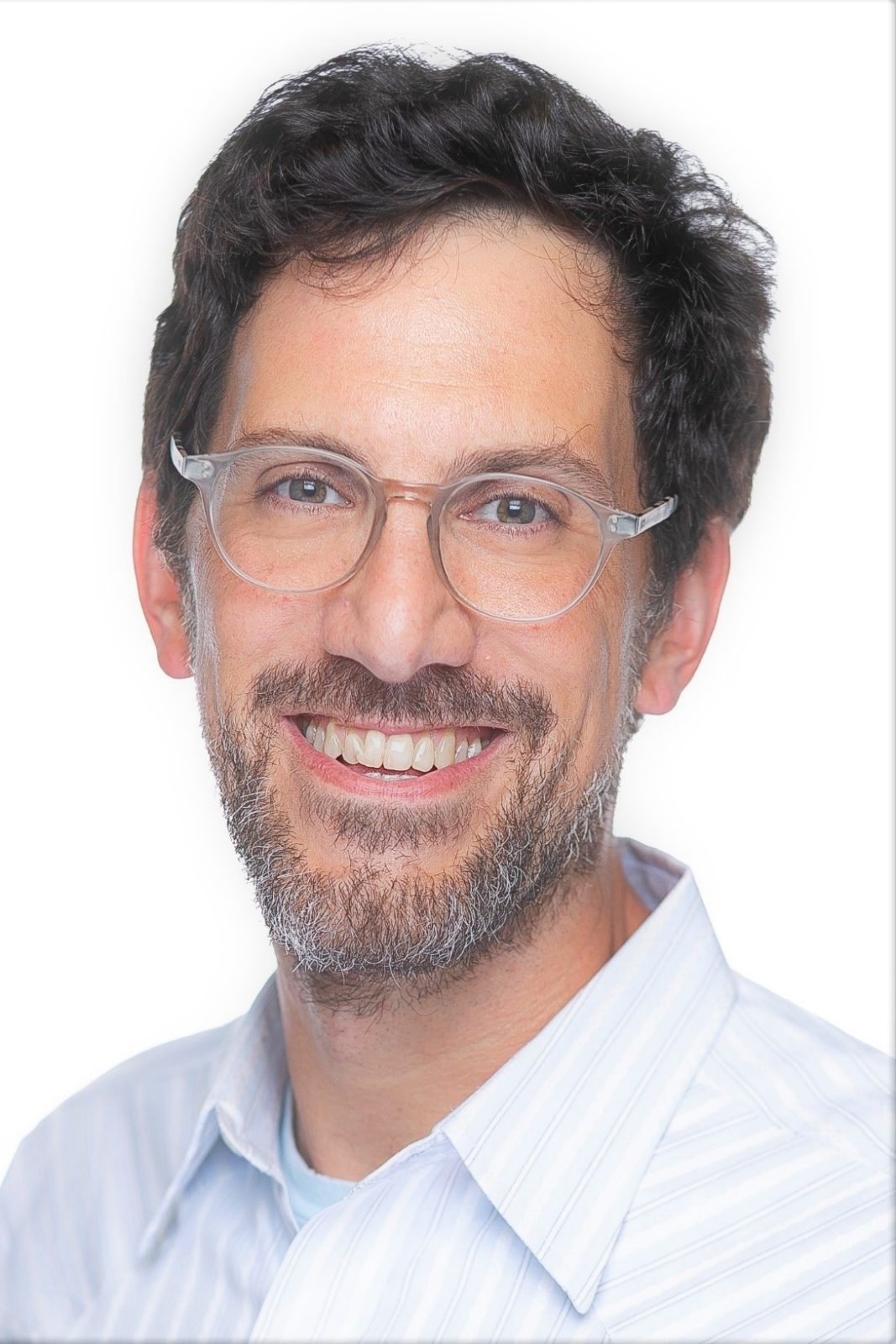
Ariel I. Ahram is a specialist on security, development, and ecological change in the Middle East. He serves as associate professor in Virginia Tech's School of Public and International Affairs in Arlington and is an associate researcher with the German Institute for Global and Area Studies (GIGA) in Hamburg.
His latest book, Break all the Borders: Separatism and the Reshaping of the Middle East (Oxford, 2019) examines separatist movements in Iraq, Syria, Libya, and Yemen and their impact on global security. It shows how these contemporary movements evolved from movements of national liberation that were denied or defeated in the 20th century. His first book, Proxy Warriors: The Rise and Fall of State Sponsored Militias (Stanford, 2011) examines why governments cooperate with militias, vigilantes, and warlords, using case studies from Iraq, Iran, and Indonesia.
Prof. Ahram and Dr. Ranj Alaaldin (Brookings Doha Center) are primary investigators on the Proxy Wars Project, sponsored by the Carnegie Corporation of New York. He has lectured and consulted for defense and intelligence agencies and the World Bank. He has been interviewed on the BBC, Australian Broadcast Corporation, Voice of America, Canadian Broadcast Corporation, and in the Wall Street Journal. In 2016, he testified to the U.S. House Foreign Relations Committee about the Islamic State’s campaign of sexual violence and served as a fellow at the Woodrow Wilson International Center for Scholars.
In addition to his substantive specialization, Prof. Ahram is an expert on multi-method research methodology, combining case studies and statistical analysis. He is co-editor, with Rudra Sil and Patrick Köllner, of Comparative Area Studies: Methodological Rationales and Cross-Regional Applications (Oxford, 2017).
E-mail: ahram@vt.edu


